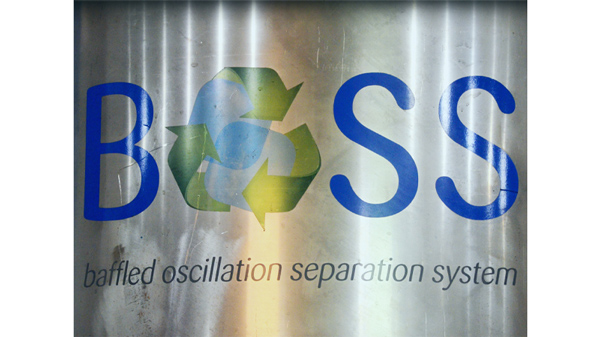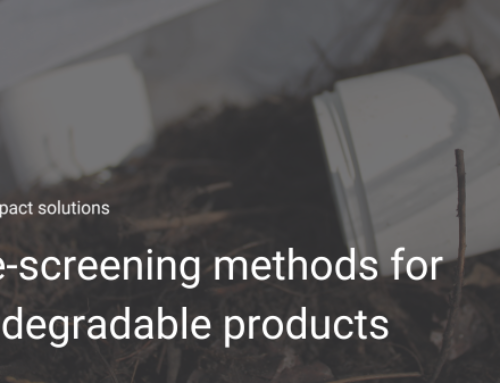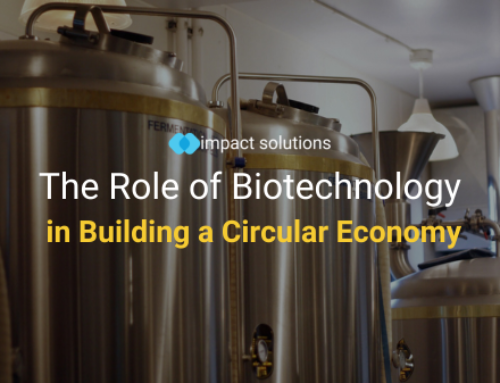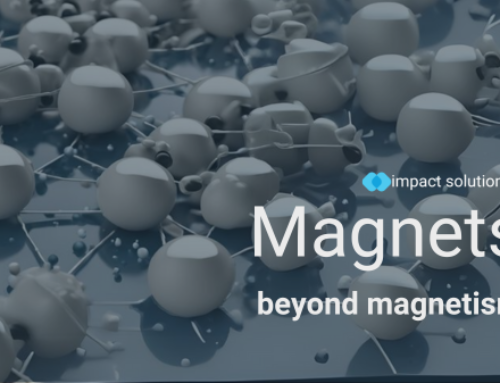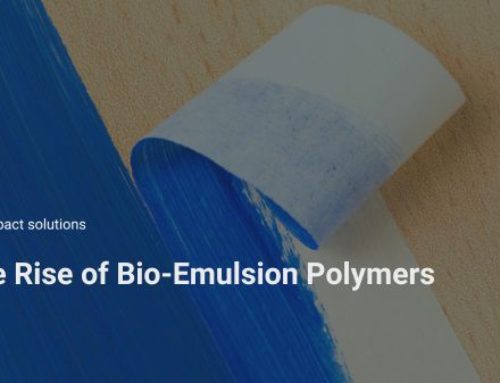Fishing Nets, or so-called ‘ghost nets’, are a massive source of pollution in our oceans with an estimated 700,000 tonnes a year disposed of at sea due to being damaged or snagged. This problem has led to ghost nets becoming a significant problem for ocean wildlife, killing hundreds of thousands of animals each year. With no incentives for fishing boats to land damaged nets and no commercial means to recycle them, the specter of submerged fishing nets is only set to grow.
Impact Solutions have taken on this challenge with a new project funded by Innovate UK called NetCycle. Our project aims to create value in waste fishing nets by developing a technology that can quickly recover and recycle the high-quality plastic fibers from waste nets for use in a variety of high-end applications. NetCycle builds on a technology Impact has already commercialised called BOSS, which can recycle hard to separate post-consumer and industrial plastics into high-quality Polyethylene and Polypropylene using only water. This technology has already had a huge impact on recycling waste plastic and is now being developed into a portable, low-cost system that harbour and port authorities can use to recycle landed fishing nets.
NetCycle works by quickly agitating shredded fishing nets in the water, breaking the fibers apart into their constituent components including valuable materials such as polyethylene, polypropylene, and polyamides. Once separated these three plastic streams can be collected and sold back into the recycling supply chain, providing a new untapped feedstock to the circular economy.
Some of the key benefits of the technology will be its low cost, using only water to separate the materials, and its small footprint making it highly portable. This offers, for the first time, a decentralised solution to recycling fishing nets that meets the geographic demands of port authorities as well as minimising transportation costs and the environmental impact that large centralised recycling facilities have.
The NetCycle project is currently halfway through its funding and has demonstrated at a lab scale. With this achieved, Impact will move onto larger-scale trials over the next year.
For more information please contact a member of our team today.
Be sure to also follow us on Twitter, Facebook, and LinkedIn to stay up-to-date with our developments.

